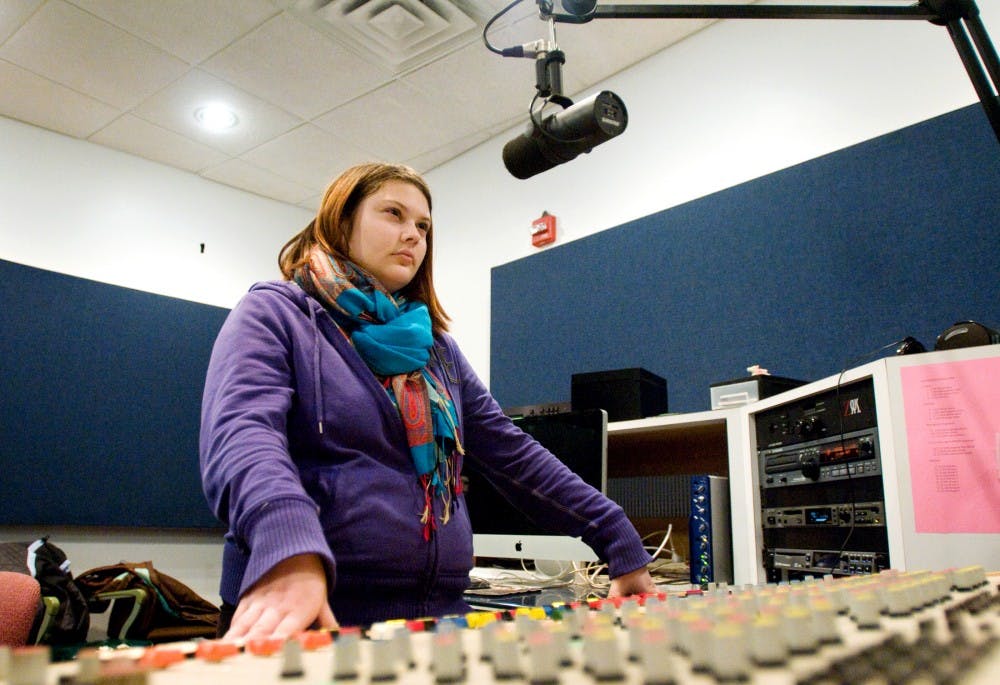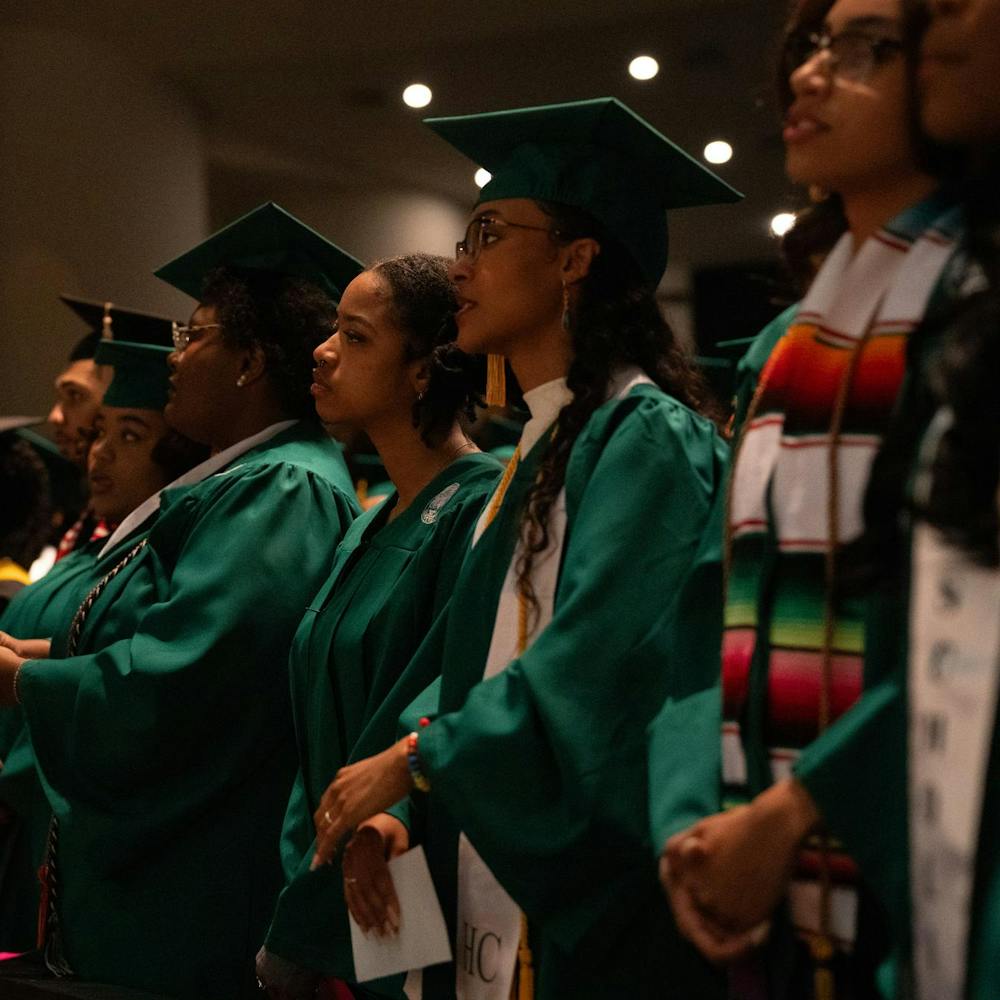With a proposed cut of up to $430 million from the Corporation for Public Broadcasting adding to the constant array of changes facing radio broadcasting, the futures of the medium and the students pursuing it as a career are in limbo.
Gary Reid, general manager of Impact (89FM), MSU’s student radio station, said many of the 120 students who work for Impact have expressed concern to him about the future of news.
Impact consists mostly of music-based programing, but it also has a daily news program called Impact Exposure, which is similar to the style of National Public Radio, or NPR, programs such as “This American Life” and “The Rest of the Story,” Reid said. Numerous students have gone on from Impact to work for NPR.
“Over the years, broadcasting in general and radio in general (have) moved away from objective journalism — we’ve come to expect a certain amount of subjectivity,” Reid said. “In-depth radio is the last vestige of objective journalism. NPR is perceived as being a journalistic bastion.”
Music education senior Emily Fox said she has known she wanted to work for NPR for the past two years. She spoke to a few NPR affiliate stations in Michigan, inquiring about job opportunities after she graduates. Most told her now is not the time to apply, she said.
But Fox said she views public radio as being as crucial as ever.
“It’s accessible,” Fox said. “You can listen to it in you car and you get a refreshing take on the world events.”
Fox said she is curious about the entire field of journalism and how it will cope with the changing field of social media.
Other students who are involved in Impact do not share Fox’s passion for radio news, but they still have NPR on a pedestal above other radio stations.
Media arts and technology and media and communication technology senior Andy Kozlowski began working at Impact in January 2010 and since has become the station’s program director.
Kozlowski said he always held an interest in film, television and radio, especially NPR. But he said if funding is cut for the CPB, listeners will lose a crucial source of information.
“Public radio is expanding your mind, it’s giving you what you want and what you need,” Kozlowski said. “(Without public radio) you’re just missing out on more challenging things you’re not necessarily getting from other radio stations.”
Though radio has to compete with a multitude of both legal and illegal methods of finding and obtaining new music, it still is a valuable tool for some listeners, Kozlowski said. Especially for those with open minds.
To compete with those other stories some stations have expanded beyond the airwaves and spilled onto the internet. With bands such as Radiohead streaming their music exclusively on public radio, its validity is crucial more than ever before, Kozlowski said.
MSU alumnus and Lansing resident Kevin Prichard has performed with several groups on Impact radio and said the student radio station is an asset for students, musicians and the community.
Prichard, who graduated from the Eli Broad College of Business in 2009 with a degree in business management, said the efforts of Impact have helped the music scene in Lansing grow tremendously over the past several years and that growth is one of the main reasons he decided to stay in Lansing after graduating.
“(Impact) helps promote the (art and music) scene,” Prichard said. “If you look at all the cities in the region … like Chicago, that are doing well for themselves, they all have thriving art scenes. That’s what draws young people to these cities.”
But with impending federal funding cuts, many stations would face substantial budget reductions and though some might be able to survive with member donations for a few years, nothing is certain beyond that, Reid said.
Reid said funds going to the CPB are substantial, but it is money well spent.
“When you look at those numbers, $420 million is a lot of money,” Reid said. “But with a population of more than 350 million (and) if you think about it being a dollar per person for the kind of quality material that NPR produces, it’s a pretty good deal.”
Support student media!
Please consider donating to The State News and help fund the future of journalism.
Discussion
Share and discuss “Federal cuts affect MSU radio, students” on social media.







